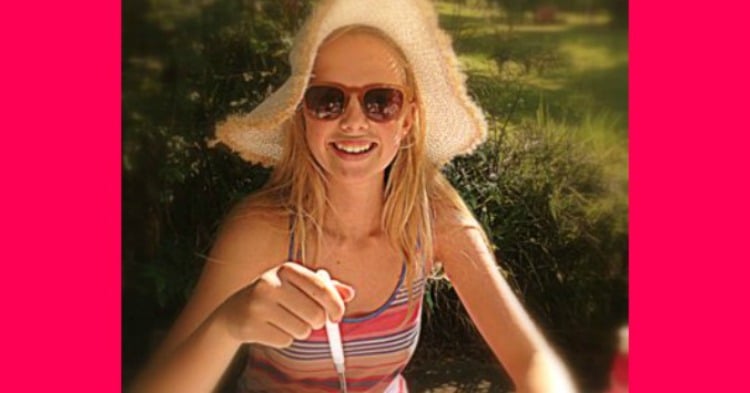
Image: 16-year-old Abby Croxford (supplied)
About halfway through this year I was diagnosed with epilepsy. It came as a shock. It came as a shock even though I had been showing “symptoms” for five years.
I place quotation marks around symptoms because in my mind, my symptoms didn’t conform to the stereotyped symptoms of epilepsy. Like most people, I assumed that when a person with epilepsy experienced a seizure they would fall to the ground, be incapacitated, and foam at the mouth. But, that stereotyped vision isn’t the full story.
When I have a seizure, I experience short-term vagueness and/or intense flickering of the eyes. My eyes can roll back in my head, but I’m not on the floor, convulsing. I was having seizures often, but I never even knew it.
I learned about my seizures because a well-meaning, yet immature acquaintance asked me if I had “eye Tourette’s” (the answer should be self-explanatory). For so long, people avoided mentioning anything to me so I wouldn’t feel embarrassed.
Halfway through this year, I was referred to a neurologist to undertake a series of tests on my brain in relation to my symptoms. I remember sitting in the chair as a technician stuck wires to my head. I asked her why most people undergo these tests. She told me it was for epilepsy. For the first time I noticed a sign on the door promoting a chat room and support space for teenagers who have epilepsy. Not once did it cross my mind that I had it.
After the appropriate tests, my GP was the first person to tell me of my diagnosis and she was very blunt. All she said was, “Abby, the tests show you have epilepsy”. She then proceeded to hand me a box of tissues. My mum placed her arm around me. Before the box of tissues, before my mother’s hug, I wasn’t going to cry. But I did. I cried solidly in the doctor’s surgery and regularly for the next few days for reasons that I couldn’t quite articulate.
